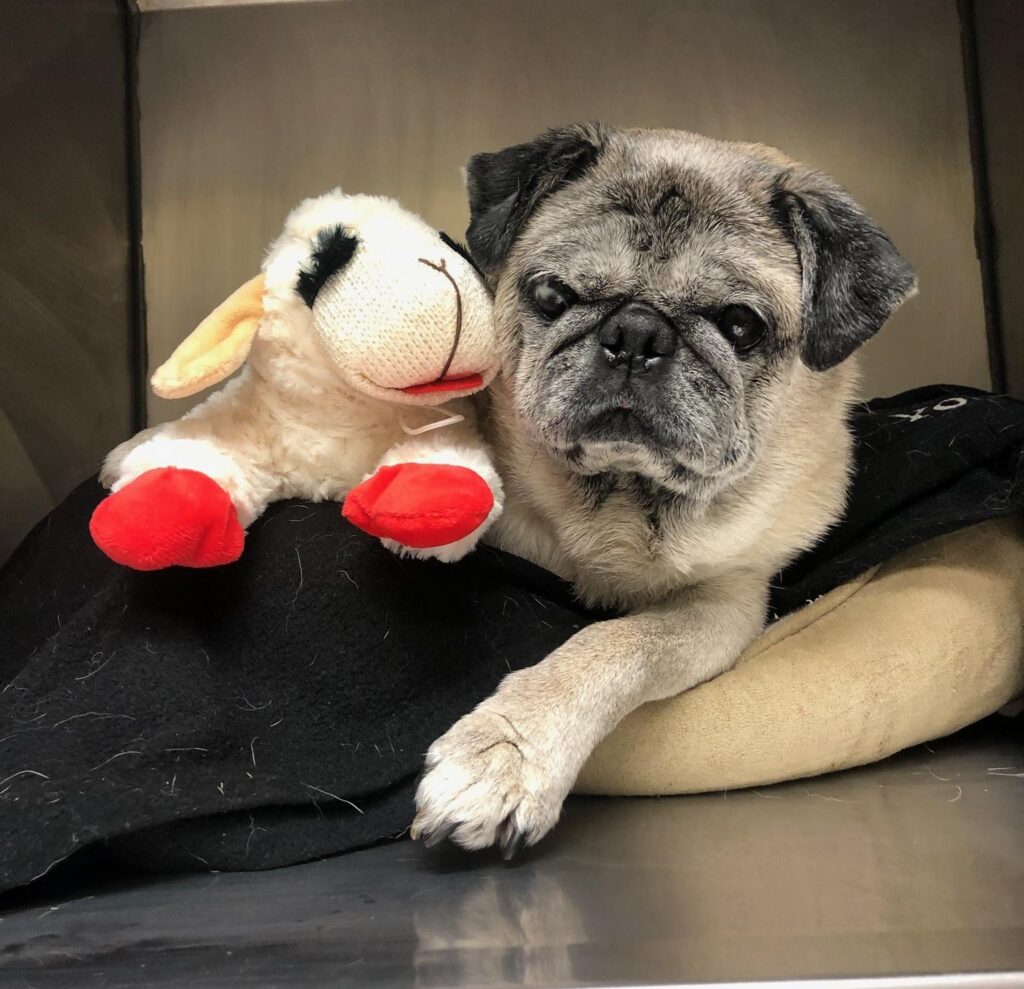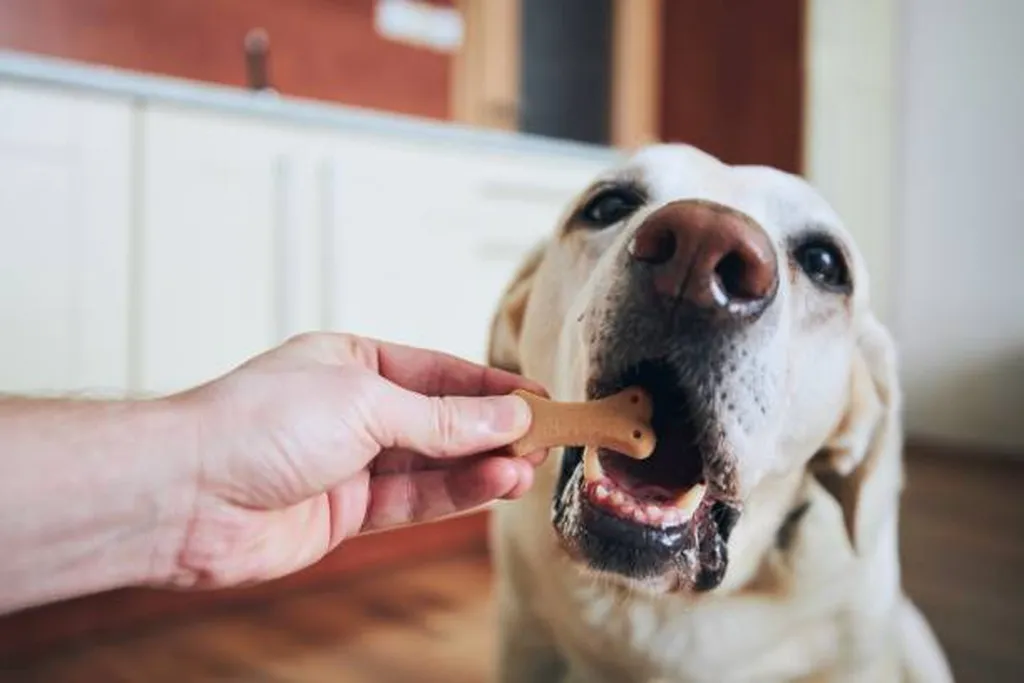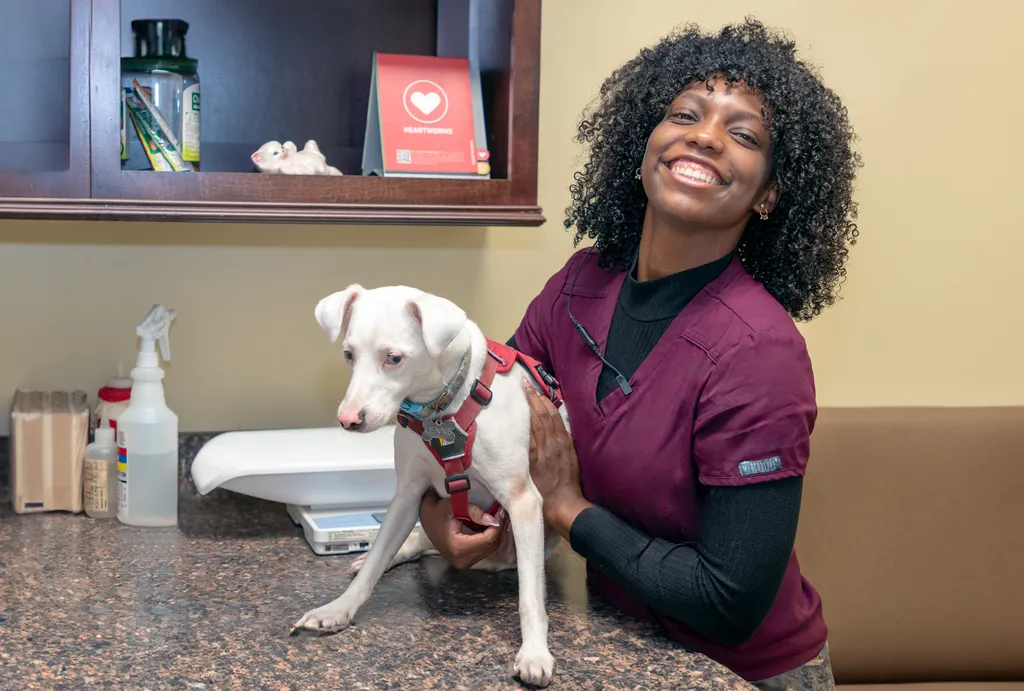Houston residents may be used to high winds and heavy rains, but when the bayous begin to creep out of their banks, even the most experienced Texans might begin to worry. Rising water is just one of many problems our communities face, making disaster preparedness absolutely vital.
While many people evacuated during Hurricane Katrina and most recently Hurricane Harvey, an astonishingly high percentage refused to leave their pets behind. It’s devastating to consider an animal left behind may not survive – or be at home when you return – but when you’re prepared, your pet has a better chance of enduring wild, unpredictable weather. Are you ready to help your pet during a natural disaster?
Natural Disaster Essentials
Before we launch into the nitty-gritty of disaster preparedness, we’d like to remind you of the importance of microchipping your pet. This is just as vital as the collar and tags and is typically discussed during your pet’s first wellness visit.
Animals tend to hide or flee when faced with unexpected weather, and you and your pet could easily become separated. Having a microchip will significantly increase your chances of locating your pet during a natural disaster or in the aftermath of a storm.
Know Your Stuff
To protect your pet during a natural disaster, we recommend knowing in advance where you can go with your pet if you’re forced to evacuate your home. Most shelters are not allowed to take in animals, so check out the following places to see if pets are welcome:
- Hotels or motels outside your immediate area (some establishments waive policies during an emergency)
- Friends or relatives who live within driving distance
- Local shelters may house pets in an emergency scenario
- The boarding facility at Oak Forest Veterinary Hospital
The Plan
Knowing where to go is a big step toward caring for your pet during a natural disaster. Creating an emergency kit is also important. Set aside a bag that contains the following:
- One week’s worth of pet food (put the expiration date of dry food on your calendar and replace as needed)
- Portable food dishes
- 7-10 days of bottled water
- Any medications or prescriptions that your pet relies on
- Copies of your pet’s medical history (certain places may require proof of vaccination and details of parasite prevention)
- Your pet’s personalized travel kennel, an additional leash, collar, and pet first aid kit
- A recent photograph of your pet
- Litter, tray, or puppy pads
Your Pet During a Natural Disaster
Depending on the situation, emergency personnel may be dispatched to your location. To help them out, the ASPCA offers a free Pet Safety Pack to display in your front window. This sticker will convey what kind of animals you live with and may lead to your pet’s swift rescue.
To familiarize yourself with our area’s disaster relief, check out Linc Houston or the Red Cross. The Oak Forest family is always here to help you and your pet. Please let us know if you need help collecting items for your emergency kit or details about evacuation.



